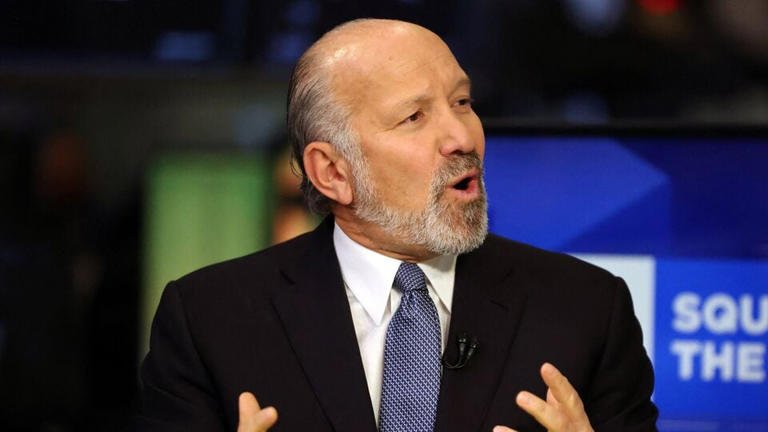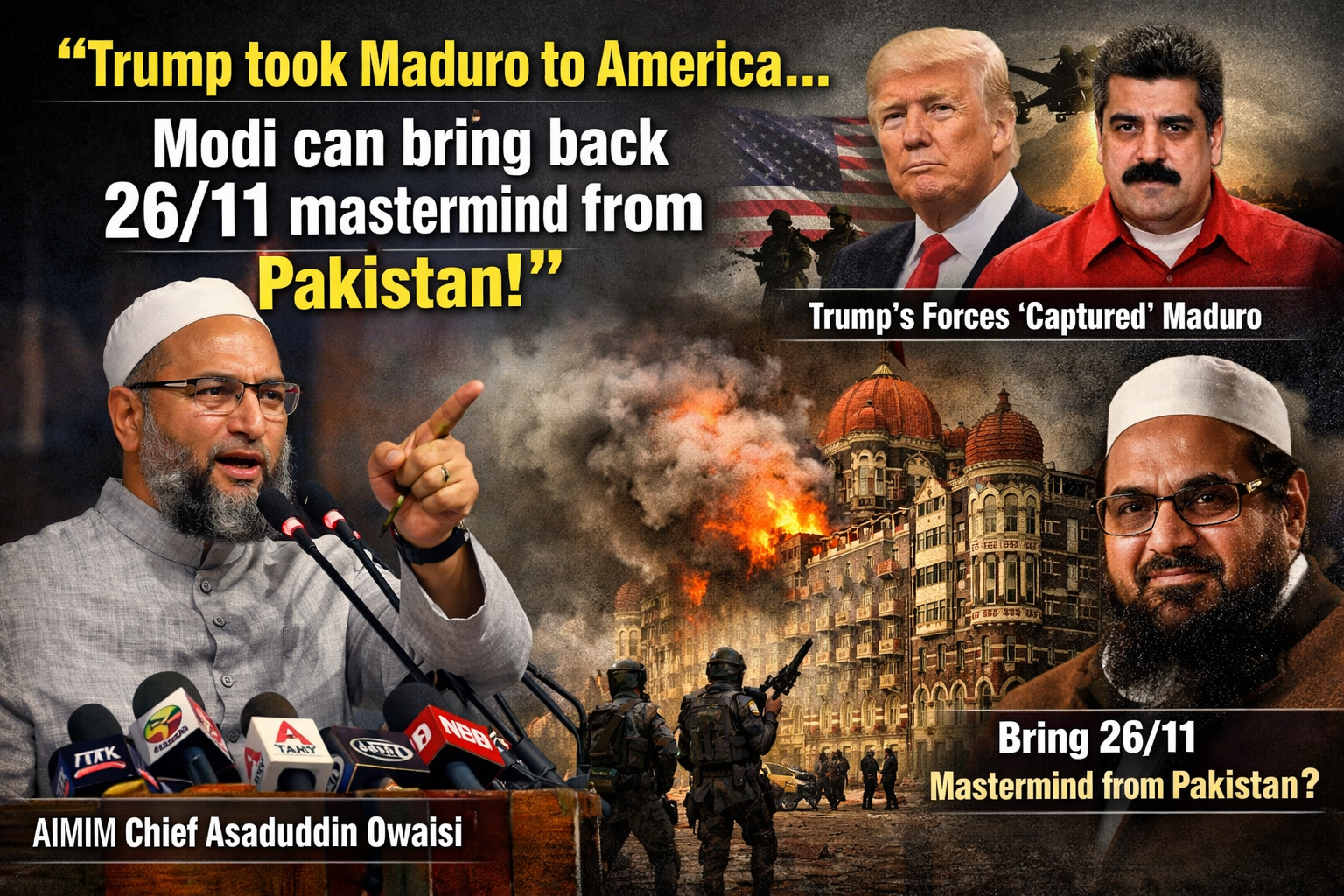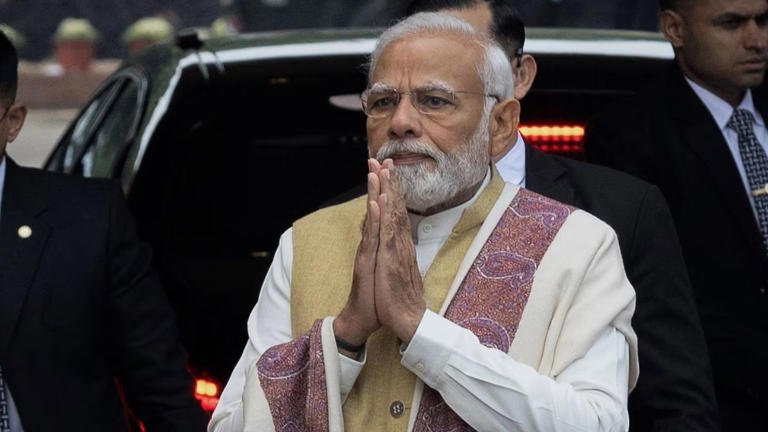Trump Tariffs: Country of 1.4 Billion Won’t Buy US Corn, Says Howard Lutnick; Warns India Will Face ‘Tough Time
In a sharp warning over the global fallout of U.S. trade policies, Howard Lutnick, Chairman and CEO of Cantor Fitzgerald, has cautioned that India — a country of 1.4 billion people — may drastically scale back its imports of American agricultural products, including corn, as a direct consequence of the tariff policies pursued by former U.S. President Donald Trump.
Speaking at a recent global investment forum, Lutnick underscored that Trump’s trade strategy, which has emphasized tariffs and protectionist measures, could spark long-term challenges for emerging economies like India. “A country of 1.4 billion people is not going to buy U.S. corn if the costs are artificially inflated by tariffs. India will face a tough time navigating these policies,” Lutnick said.
India’s Food Security and Trade Balance at Risk
India, one of the largest consumers of agricultural commodities, relies heavily on a balance of domestic production and imports to meet its demand. While India grows much of its own corn, surging demand from sectors like poultry feed, ethanol production, and industrial use has often pushed the country to look outward for supply. U.S. corn has historically been a viable option due to its scale and quality.
However, with tariffs potentially making American corn more expensive, Indian importers may pivot toward cheaper suppliers from South America, Ukraine, or even Africa. “Why would India pay a premium on U.S. corn when alternatives exist? That’s the economic reality tariffs ignore,” Lutnick emphasized.
Ripple Effects on Indian Economy
Analysts suggest that a prolonged tariff-driven trade war could affect India on multiple fronts:
- Higher Food Inflation: Increased import costs may push up prices of poultry and dairy products, straining household budgets.
- Pressure on Export Competitiveness: U.S. tariffs could also extend to Indian exports, impacting sectors like textiles, IT services, and pharmaceuticals.
- Investment Uncertainty: Global investors could hesitate to commit capital in an environment of tariff-induced instability.
“India’s challenge will not just be about corn. It’s about how a tariff-heavy global trade regime limits its flexibility and forces it into more expensive trade partnerships,” an economist at a leading think tank noted.
Trump’s Trade Playbook and Global Implications
Donald Trump’s return to aggressive tariff rhetoric has already rattled markets. His earlier tenure saw major trade disputes with China, Europe, and even traditional allies. Lutnick warned that the same playbook, if applied again, risks fragmenting global trade at a time when economies are still recovering from supply chain disruptions and inflationary pressures.
“The idea that tariffs only punish exporters is shortsighted. They create distortions across the entire global supply chain — and India, with its huge population, will feel the squeeze,” Lutnick said.
India’s Possible Response
Experts believe India could respond in several ways:
- Diversifying Import Sources: Turning to Brazil, Argentina, or Ukraine for cheaper corn and soy supplies.
- Boosting Domestic Production: Incentivizing farmers through subsidies and technology adoption to close the demand gap.
- Strengthening Trade Alliances: Deepening ties with Asian and African partners to bypass U.S. dependencies.
While New Delhi has not issued an official statement on Lutnick’s comments, trade observers say India’s policymakers are closely monitoring the situation, especially given the country’s rising food inflation and growing reliance on imports for certain commodities.
Howard Lutnick’s blunt warning highlights the broader dangers of protectionism in an interconnected global economy. For India, a nation of 1.4 billion people, the challenge will be to shield its population from food inflation while maintaining a competitive edge in exports. As the world watches how Trump’s tariff policies unfold, India may find itself forced into difficult choices — between securing affordable food supplies and protecting its trade interests in a turbulent global order.





